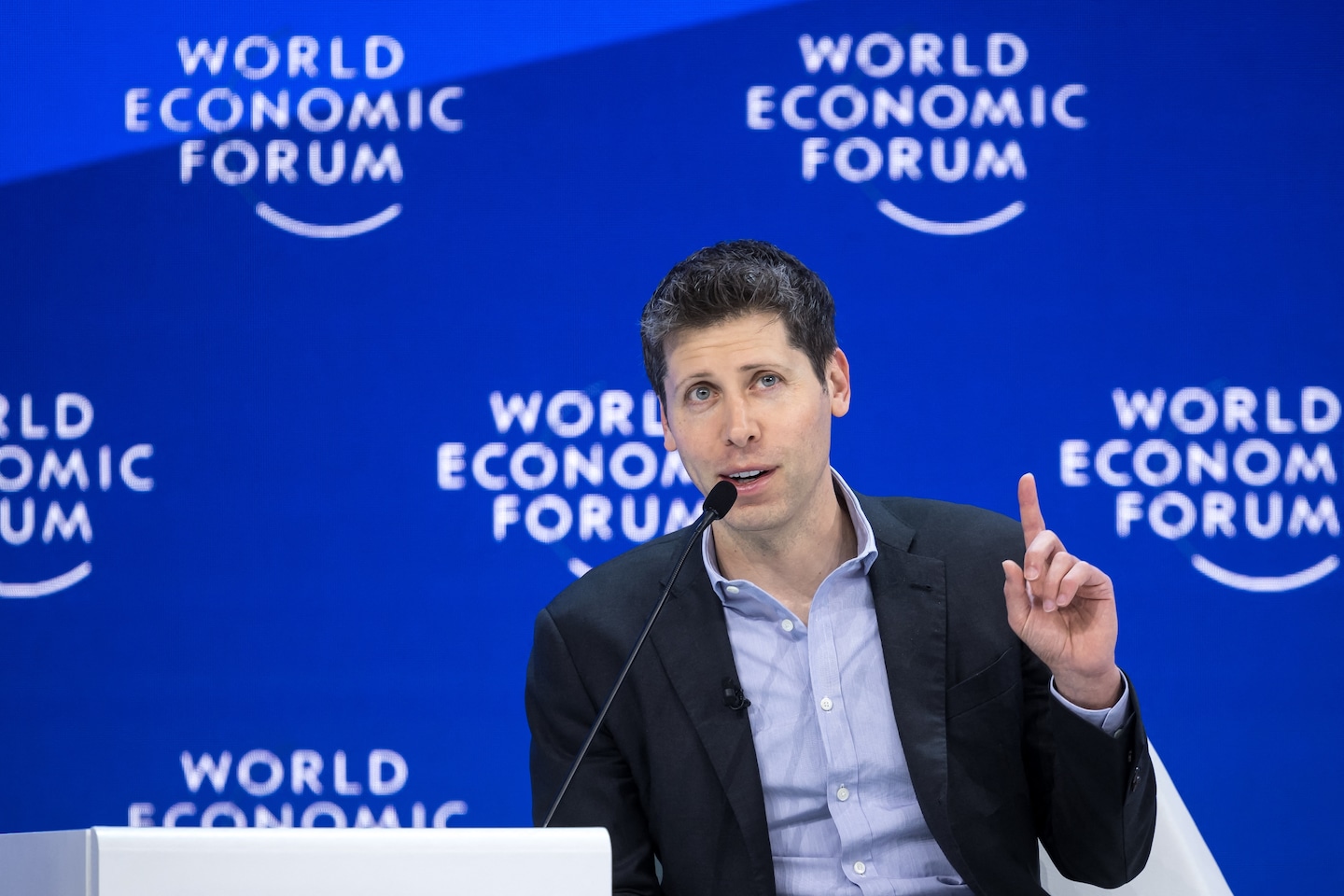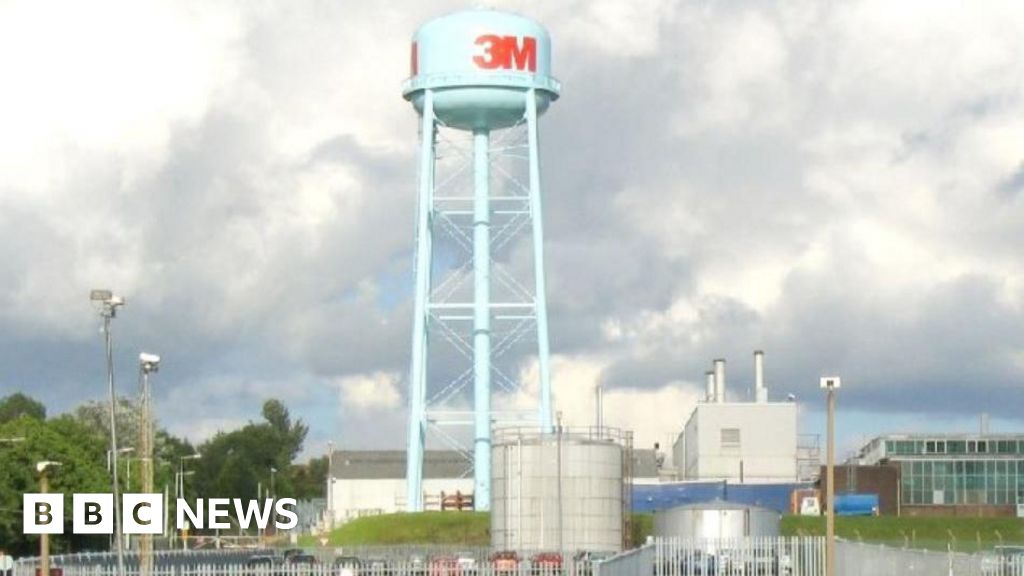
OpenAI’s Altman discussed chip-making venture with members of Congress
- Science
- January 25, 2024
- No Comment
- 207
Advanced semiconductor chips are essential to train and run the AI programs that enable generative AI products like ChatGPT. Altman and other tech leaders insist that AI will fundamentally change the world economy, and having a cheap supply of computer chips is crucial to maintaining U.S. competitiveness economically and militarily.
The United States plans to spend billions of dollars to increase domestic chip production, while at the same time blocking the export of advanced AI chips to China with the goal of keeping its military from having access to cutting-edge AI. Other governments are competing for influence, too, and investing in projects like Altman’s could increase their power over the future of the tech industry.
Altman is spearheading the initiative to raise billions or even trillions of dollars from investors around the world because he believes chips will become more vital to economic and technological development as AI continues to advance, one of the people said.
The project could build new factories or partner with existing chip-making companies, like Taiwan Semiconductor Manufacturing Co., the world’s biggest made-to-order chip company that manufactures around 90 percent of the world’s advanced chips, one of the people said. The venture could operate similarly to how Apple allocates huge amounts of money to TSMC to guarantee a stable supply of chips, the person said.
In December, The Washington Post reported that Altman had told venture capital investors Peter Thiel and Vinod Khosla that he was planning to build a chip company. To fund it, he would potentially tap Middle East governments, including Abu Dhabi and Saudi Arabia, as well as Silicon Valley investors. Bloomberg News reported last week that the project centered around building a “network of factories” to increase chip production.
The White House recently announced subsidies as part of its $52 billion Chips for America program. The initiative has become part of President Biden’s reelection campaign, as he aims to show voters he is capable of building up the economy and shoring up the tech industry.
A spokesperson for OpenAI declined to comment.
Building advanced computer chips is hugely expensive and complicated. They must be assembled in “clean rooms” that keep tiny particles and even static electricity from damaging the chips. A single fab takes 6,000 workers three years to build and costs $10 billion, according to Intel, one of the world’s biggest semiconductor companies.
U.S. chip companies like Nvidia and Advanced Micro Devices design and sell semiconductors, but still rely on outside manufacturers, especially TSMC, to make them. Nvidia’s AI chips are the gold standard in the industry and are seen as the best for training AI, and no other company has managed to match them.
Altman is known for ambitious dreams and plans. He has invested his personal money in a range of initiatives to commercialize expensive, futuristic technology, such as fusion reactors and supersonic passenger jets. In the past, he has advocated for a universal basic income for people whose jobs are displaced by AI and robots.
Altman has said the world does not have the capacity to build the amount of computer chips that will be necessary to support the AI revolution. Not all tech industry analysts agree. Some AI researchers expect the demand for AI chips to slow down as technologists find ways to run advanced AI with less computing power.
Right now, AI companies are clamoring for chips designed by Nvidia. But other chip makers like Advanced Micro Devices and Intel are investing huge sums to build competing products, and Big Tech companies like Google and Amazon are designing chips of their own.
#OpenAIs #Altman #discussed #chipmaking #venture #members #Congress









